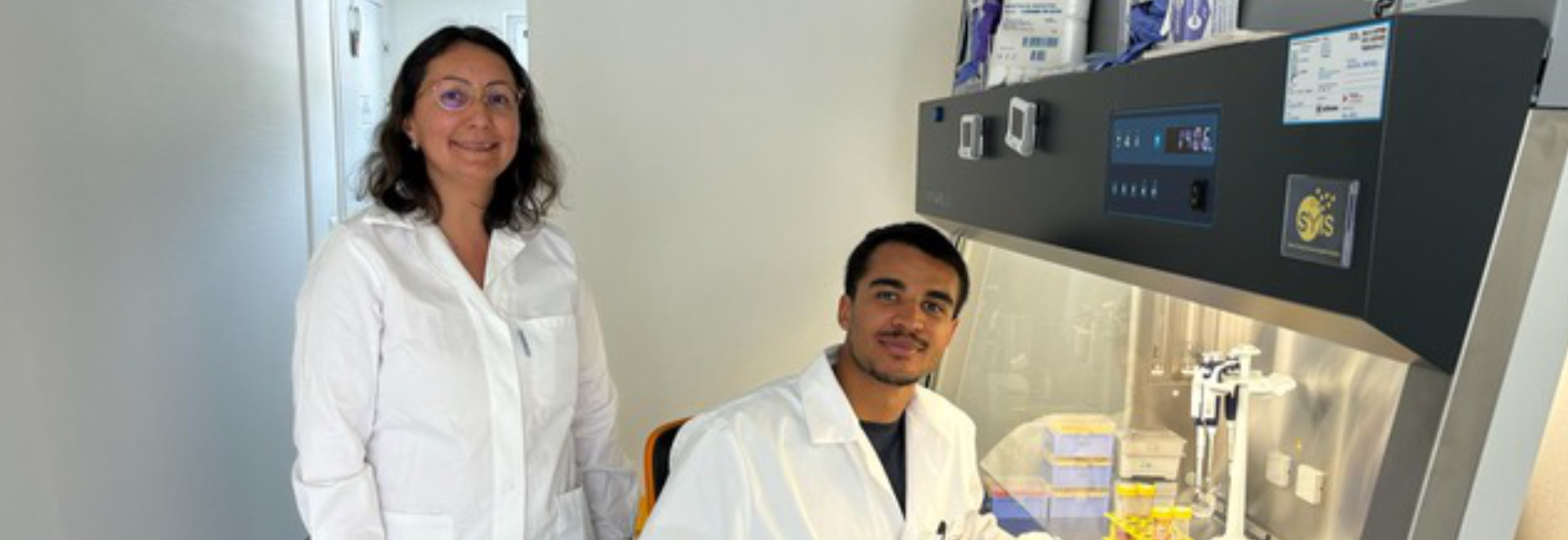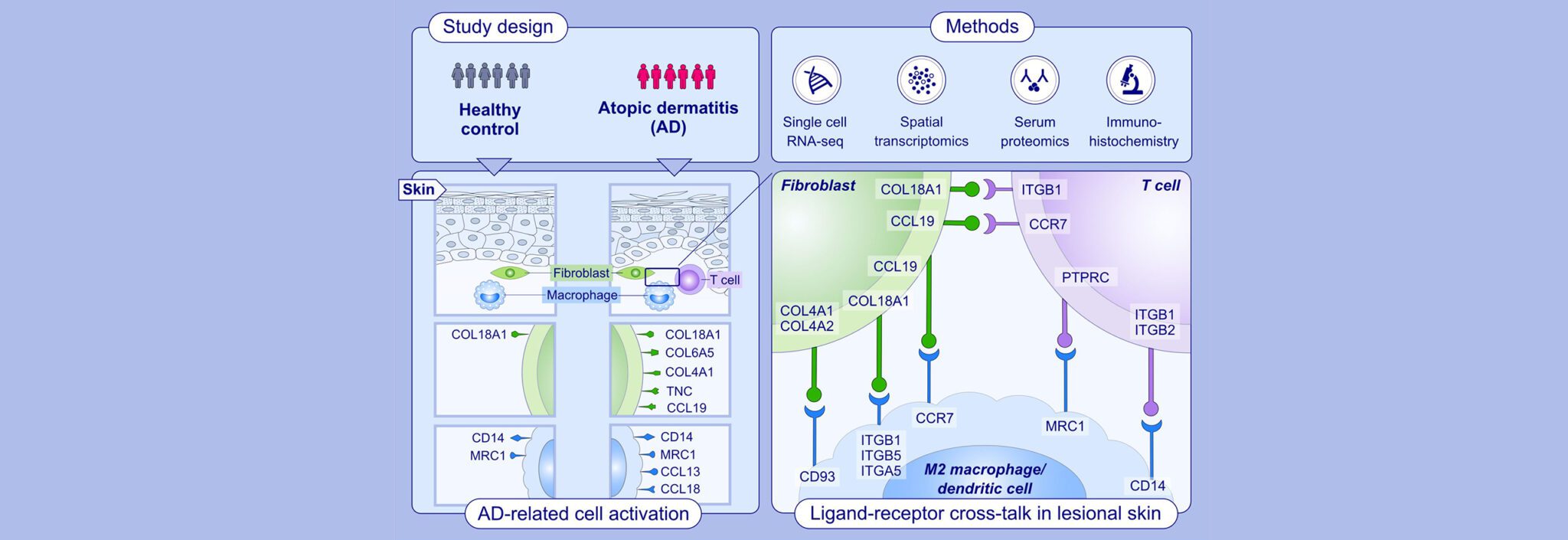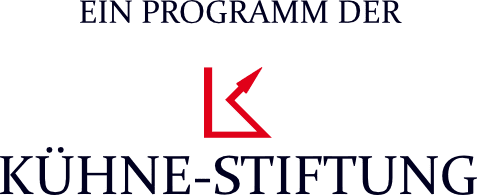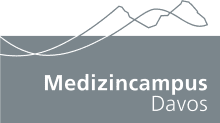On 1 October 2020, Claudio Rhyner succeeded Dr. Georg Schäppi as Managing Director of CK-CARE. Georg Schäppi was appointed CEO at the University Children’s Hospital Zurich as of 1 December, 2020.
Claudio Rhyner was born and grew up in Davos. After studying chemistry and molecular biology, he graduated specialising in asthma and allergy research. He was active in fundamental scientific research, including as head of the research “Vaccine Development” group at the SIAF (Swiss Institute of Allergy and Asthma Research). In this capacity he published numerous publications and filed several patents. After holding a leading position in a SME in molecular diagnostics, he became CEO of Biosciences Davos. Biosciences Davos is a spin-off organisation of CK-CARE in the field of biobanking and is part of the Medizincampus Davos. He continues to hold this position.
In his private life, Claudio Rhyner is actively engaged in politics and culture in the Davos community. He also completed a postgraduate degree in the field of management of small and medium-sized companies at the University St. Gallen.









